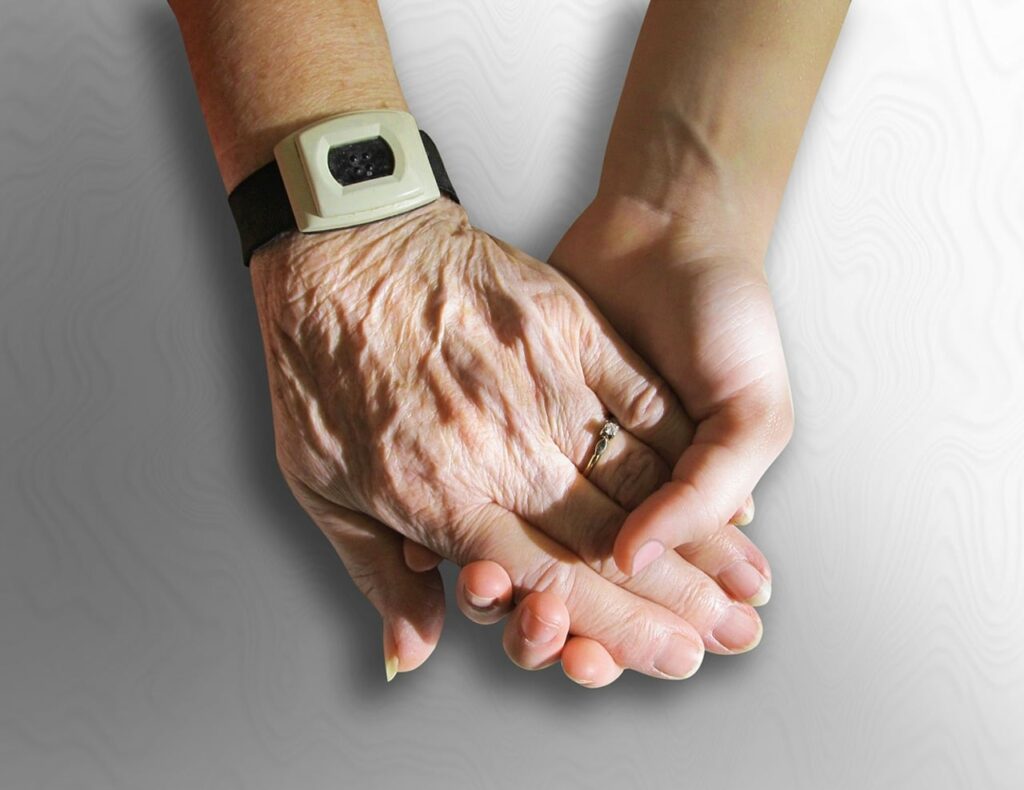Valentine’s day isn’t just about romance – it’s also the perfect opportunity to spend quality time with your loved ones. As a caregiver, it may be difficult to think of activities that you and your loved one can enjoy together. Regardless of your age, there are plenty of fun and festive ways to spend the special day.
 With the holiday coming up, Care.com put together a list of easy, fun and unique ways to make the day special for everyone, including:
With the holiday coming up, Care.com put together a list of easy, fun and unique ways to make the day special for everyone, including:
- Write your loved one a heartfelt message
- Make them a tasty treat
- Look through old photos together
- Rent their favorite movie
Making the most out of the holiday is a great way to show your loved one how important they are. Putting in a little time and effort will go a long way in showing your love this Valentine’s day!







 Although construction workers may seem more vulnerable to danger, drivers are still at a large risk. Driving carelessly through work zones can lead to serious consequences. In a recent blog post, Safety+Health discusses important tips drivers should follow when passing through work zones, including:
Although construction workers may seem more vulnerable to danger, drivers are still at a large risk. Driving carelessly through work zones can lead to serious consequences. In a recent blog post, Safety+Health discusses important tips drivers should follow when passing through work zones, including:
